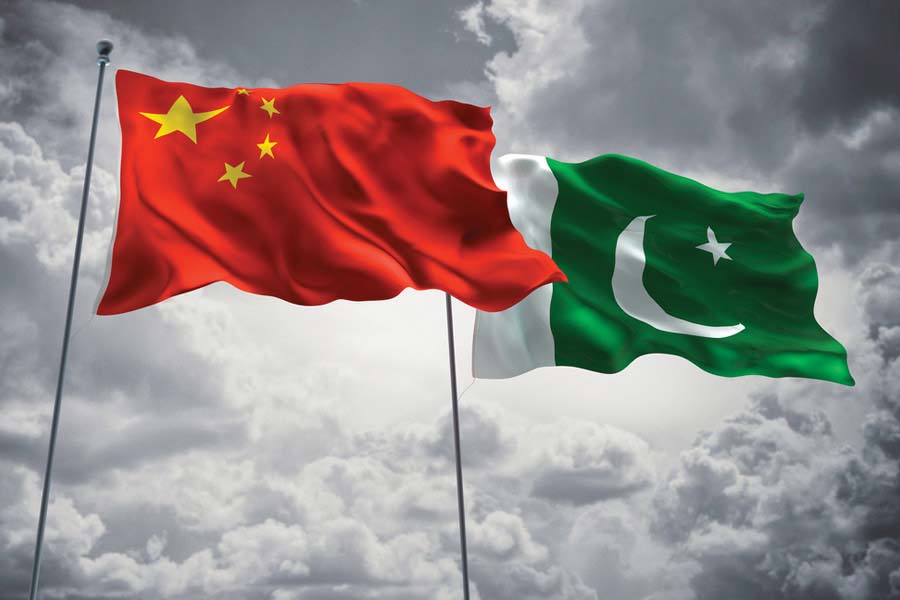The Union Cabinet on Wednesday cleared a major push for India’s magnet manufacturing capacity, approving a Rs 7,280-crore scheme to produce sintered rare earth permanent magnets.
"The scheme will promote manufacturing of rare earth permanent magnets. The aim is to create a capacity of 6,000 MTPA," information and broadcasting minister Ashwini Vaishnaw told reporters in New Delhi.
The move, aimed at reducing import dependence in sectors ranging from EVs to aerospace, was finalised at a meeting chaired by Prime Minister Narendra Modi.
Rare earth magnets are essential components in industries including electronics, medical devices and defence.
The scheme proposes awarding capacity to five beneficiaries through a global competitive bidding process, with each allotted up to 1,200 MTPA.
It will run for seven years, two years for setting up integrated manufacturing units and five years for incentive disbursement on sales.
China currently dominates the global rare earths and magnet supply chain, and recent export controls and licensing requirements from Beijing have increased the risk for countries like India that rely on imports for critical sectors.
China has moved from general quotas to targeted export restrictions on rare earth magnets and related compounds.
Indian EV makers and auto industry bodies had warned the government that China’s export curbs on rare earth magnets could slow or even halt vehicle production, and pressed for procedural relaxations and short‑term support to keep imports flowing.
The new domestic magnet manufacturing scheme is likely to reassure the EV lobby by promising a medium‑term alternative to Chinese dependence.
The Cabinet Committee on Economic Affairs also cleared two major rail projects worth Rs 2,781 crore, doubling the Dwarka-Kanalus line in Gujarat and adding third and fourth lines between Badlapur and Karjat in the Mumbai Metropolitan Region.
The Devbhumi Dwarka (Okha)–Kanalus section is expected to boost connectivity to the Dwarkadhish temple and support freight movement of coal, salt, cement and containers.
"The capacity augmentation works will result in additional freight traffic of magnitude 18 MTPA," said Vaishnaw.
In Mumbai’s suburban corridor, the Badlapur–Karjat expansion will ease passenger load and strengthen links to southern India.
The government also cleared Phase-2 expansion of the Pune Metro. The Cabinet approved Line 4 (Kharadi–Hadapsar–Swargate–Khadakwasla) and Line 4A (Nal Stop–Warje–Manik Baug), a 31.636-km stretch with 28 elevated stations.
“This is the second major project approved under Phase-2,” Vaishnaw said, referring to earlier sanctions for Line 2A and 2B.
The new corridors will connect IT hubs, commercial areas, educational zones and dense residential pockets across eastern, southern and western Pune.
The project, costing Rs 9,857.85 crore, will be completed in five years and funded jointly by the Centre, the Maharashtra government and external agencies.











